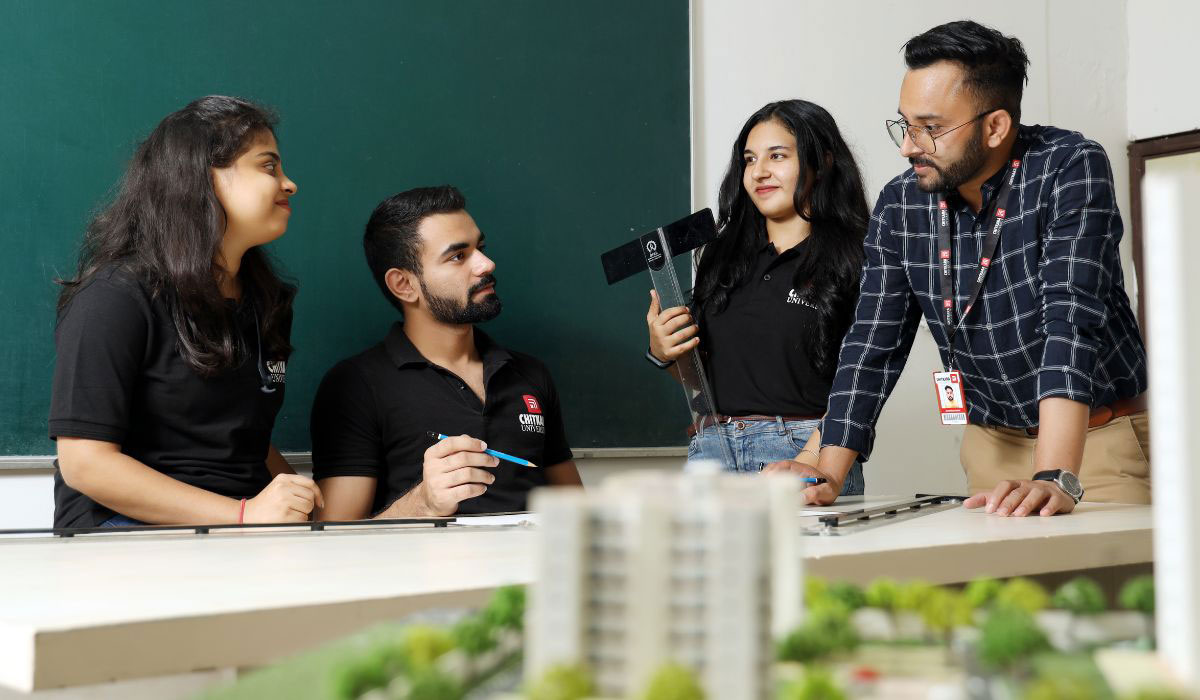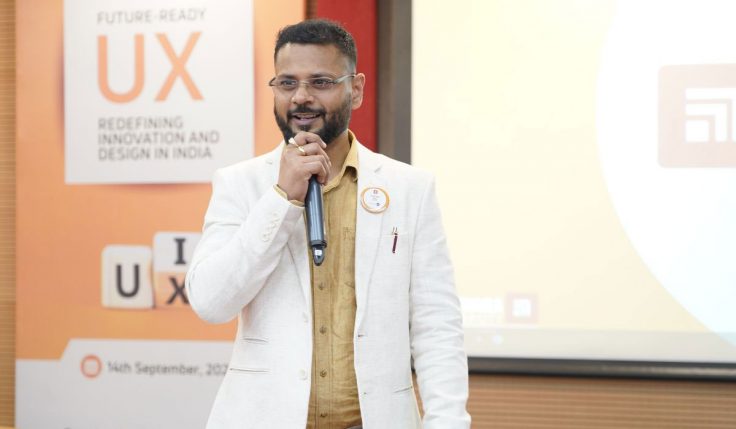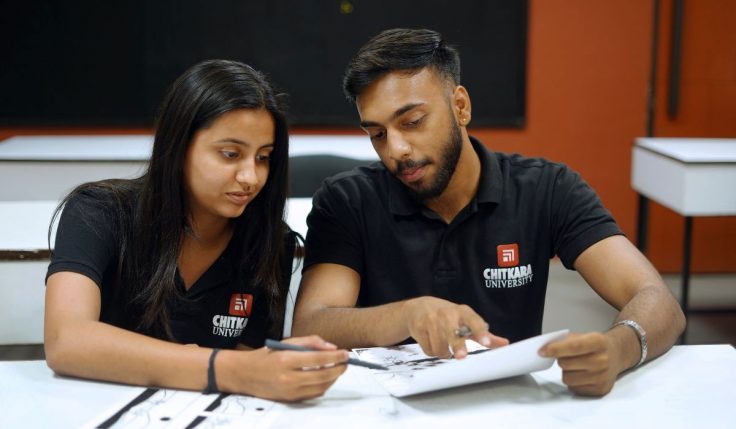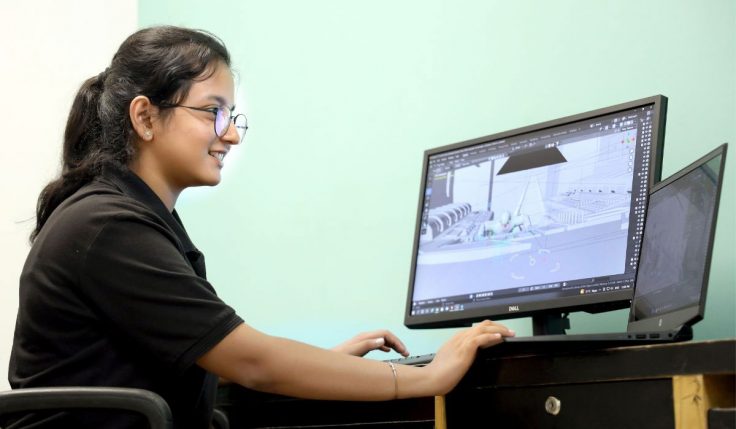Urban planning has always been an area that is always changing because people’s needs and wants are always changing. The idea of “Smart Cities” has come to light as a whole new way to build cities. A new era is about to begin. Because of this shift in thinking, cities are now planned and run in very different ways. It also opens up a lot of new opportunities and challenges for urban planners. Urban planning is going to change in the future. Classes for M.Urban Planning, Smart Cities, and Urban Planning, as well as M.Plan (Urban Planning), make this possible.
How Smart Cities Work: Technology and data are used in smart cities to improve the quality of life for residents, protect the environment, and grow the business. Things like the Internet of Things (IoT), AI (Artificial Intelligence), and big data analytics are used in these places to improve public services, energy, infrastructure, and more. The goal is to build towns that can meet the needs of their people right away by being sustainable, efficient, and linked.
Planners for cities play a big role in Smart Cities and the future growth of cities. They not only plan how cities are laid out, but they also make sure that smart technologies are put into these cities. Planners need to work with builders, engineers, politicians, and scientists to solve all of the problems that cities face, such as pollution, traffic jams, managing resources, and making sure that everyone has an equal chance.
What are smart cities and M.Urban Planning? The M.Urban Planning School teaches students how to handle the tough issues that come up when towns get bigger. Students learn how to make cities more environmentally friendly and about the new technologies, design rules, and policy frameworks that will change cities in the years to come. A lot of the school’s focus is on study, hands-on learning, and projects that happen in the real world. These help prepare students to be stars in the field of urban planning.
Future of the Urban Planning Program: Technology, sustainability, and welcoming everyone are the keys to the future of urban planning. To be good urban planners, they need to use ideas from many different areas, like technology, environmental science, and social studies. People-centered towns that put the health and happiness of their people first will be the main goal. Smart city planning, data analysis, sustainable growth, and community involvement are expected to be taught in the future Urban Planning program.
Pros and Cons: Smart towns have a lot of potential, but they also have a lot of issues. Privacy issues, data security, the digital gap, and the damage to the environment are some of the most important issues that need to be fixed. This means that city leaders will have to find new ways to handle these issues and make sure that everyone can live and access Smart Cities. People who want to work in urban planning have a one-of-a-kind chance to be at the front of this big change.
To sum up, smart towns are the next big thing in planning cities. They give us a lot of new ideas for how to be better for the earth. For the next generation of urban planners to be ready to work in this interesting and hard field, the M.Plan (Urban Planning), Smart Cities and Urban Planning, and M.Urban Planning classes are very important. Planners for cities will have more power than ever to shape the future of our cities and make them smarter and better places to live.
Chitkara School of Planning &Architecture‘s 2-Year M.Plan (Urban Planning) school helps students get ready for jobs in urban and regional planning. There is a good mix of theory and practice in the lessons, which include urban development policy, spatial analysis, environmental planning, and more. Students can pick specialized courses that will help them learn in a way that fits their hobbies and job goals. The program’s industry-recognized coursework is meant to give students the skills and information they need to make modern towns that meet practical, aesthetic, and sustainable goals.
Promoting a better understanding of community-led and partnership-based methods to urban planning is one of the main goals of the program. For example, students learn how to do field studies, collect data, and make plans for how towns will grow. The school also teaches students how to think critically and freely about planning issues in cities and regions across the world. Graduates are ready to work as development planners or practitioners in cities, with a focus on fair urban government that takes into account people’s needs, space, and the environment.
Also, read this blog post: Navigating Planning & Architecture Career Paths & Requirements
During breaks between semesters, internships are advertised so that students can get real-world experience in the field. Students can use what they’ve learned in the classroom in the real world and gain useful skills and experience through this hands-on activity. Many national and international groups and agencies recognize the program. It can help you get a job with top international development firms, real estate consultants, planning groups, and government departments that are in charge of city planning and infrastructure development.






